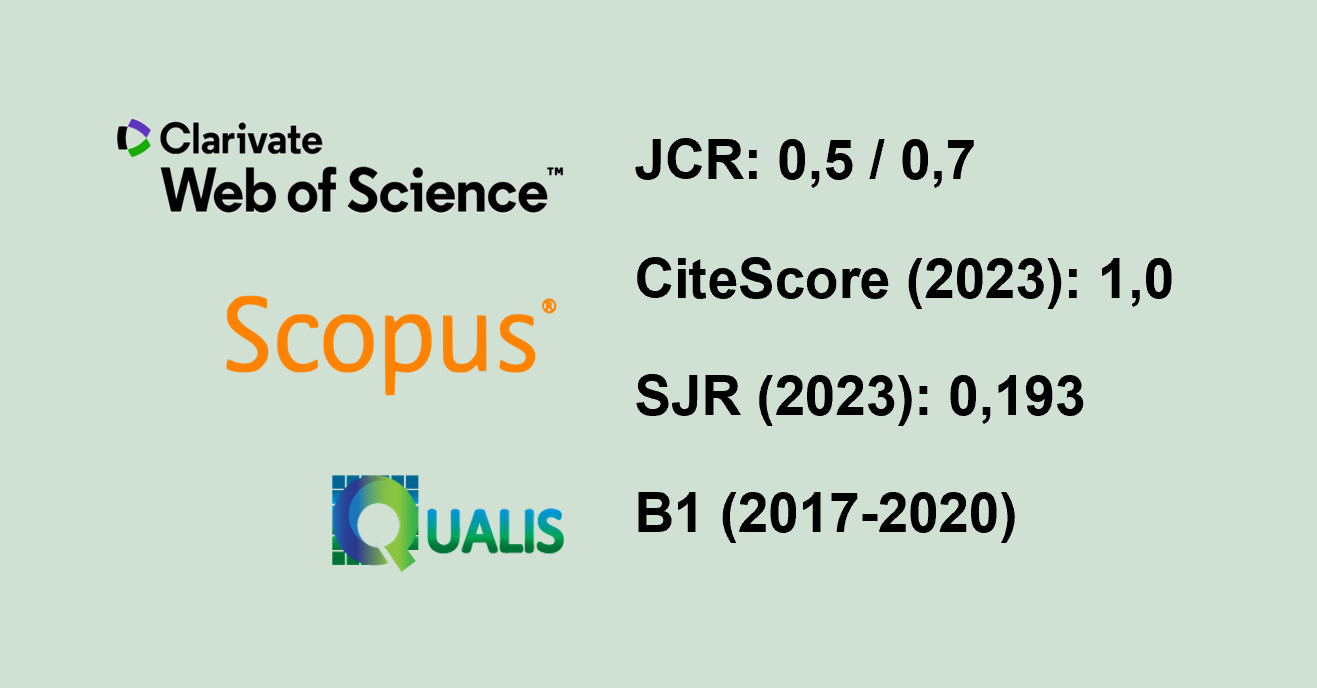Rhizobacteria increase the growth and quality of Handroanthus chrysotrichus (Mart. ex DC.) Mattos seedlings
DOI:
https://doi.org/10.53661/1806-9088202448263634Keywords:
Azospirillum brasilense, Bacillus spp., Plant growth-promoting microorganismsAbstract
Handroanthus chrysotrichus (Mart. ex DC.) Mattos, popularly known as the golden trumpet tree, is a native tree of Brazil with exuberant flowering. It is used for urban afforestation and reforestation of degraded areas, and its wood is destined for several purposes. In order to develop vigorous plants after planting, it is essential to produce high-quality seedlings, which can be obtained using rhizobacteria. As renewable sources, rhizobacteria exhibit growth-promoting properties, facilitate nutrient uptake and/or solubilization, and contributes to the production of phytohormones, while also serving as pathogen controllers and mitigators of abiotic stress. These attributes collectively enable the establishment of a sustainable production system for producing vigorous and rapidly growing seedlings. This study aimed to evaluate the effect of plant growth-promoting rhizobacteria in the production of H. chrysotrichus seedlings. The experimental design followed a completely randomized setup. The treatments consisted of microorganisms (Bacillus subtilis, Bacillus megaterium, Bacillus amyloliquefaciens, and Azospirillum brasilense) plus the absence of microorganisms - control; four repetitions and ten plants-per-plot. The parameters evaluated were shoot height; stem diameter; root length; shoot, root, and total dry matter; leaf number and leaf area, as well as chlorophyll content; minimum and maximum fluorescence; and maximum quantum efficiency of photosystem II; shoot height/stem diameter ratio and Dickson's Quality Index. The B. amyloliquefaciens inoculation promoted an increase in seedling shoot height, stem diameter, root length, leaf area, shoot, root, and total dry matter and also increased the Dickson Quality Index. It can be concluded that B. amyloliquefaciens is the most efficient inoculant for producing golden trumpet tree seedlings, followed by A. brasilense.
Keywords: Azospirillum brasilense; Bacillus spp.; Plant growth-promoting microorganisms.
Downloads
Published
How to Cite
Issue
Section
License
All authors agreed to submit the work to Revista Árvore and granted the exclusive license to publish the article. The authors affirm that it is an original work and has not been previously published elsewhere. The scientific content and opinions expressed in the article are the sole responsibility of the authors and reflect their opinions, not necessarily representing the opinions of the editorial board of Revista Árvore or of the Society of Forest Investigations (SIF).








